In this guide to selling SEO that really works, we suggest how to get more SEO sales, close more deals, and grow your business… all by listening to your customers, understanding their pain points, and speaking their language.

Knowing and believing in how to sell SEO services has become almost a prerequisite for any digital marketer. The needs of clients are not static, and neither is SEO. So, selling SEO requires an awareness and understanding of the marketplace, listening to clients, and tailoring solutions to their pain points.
The global search engine optimization (SEO) market is set to reach $122 billion in 2024, and there’s no end in sight. This continued growth means more business opportunities for SEO services, but it also means more competition. So, knowing how to sell SEO is now more important than ever.
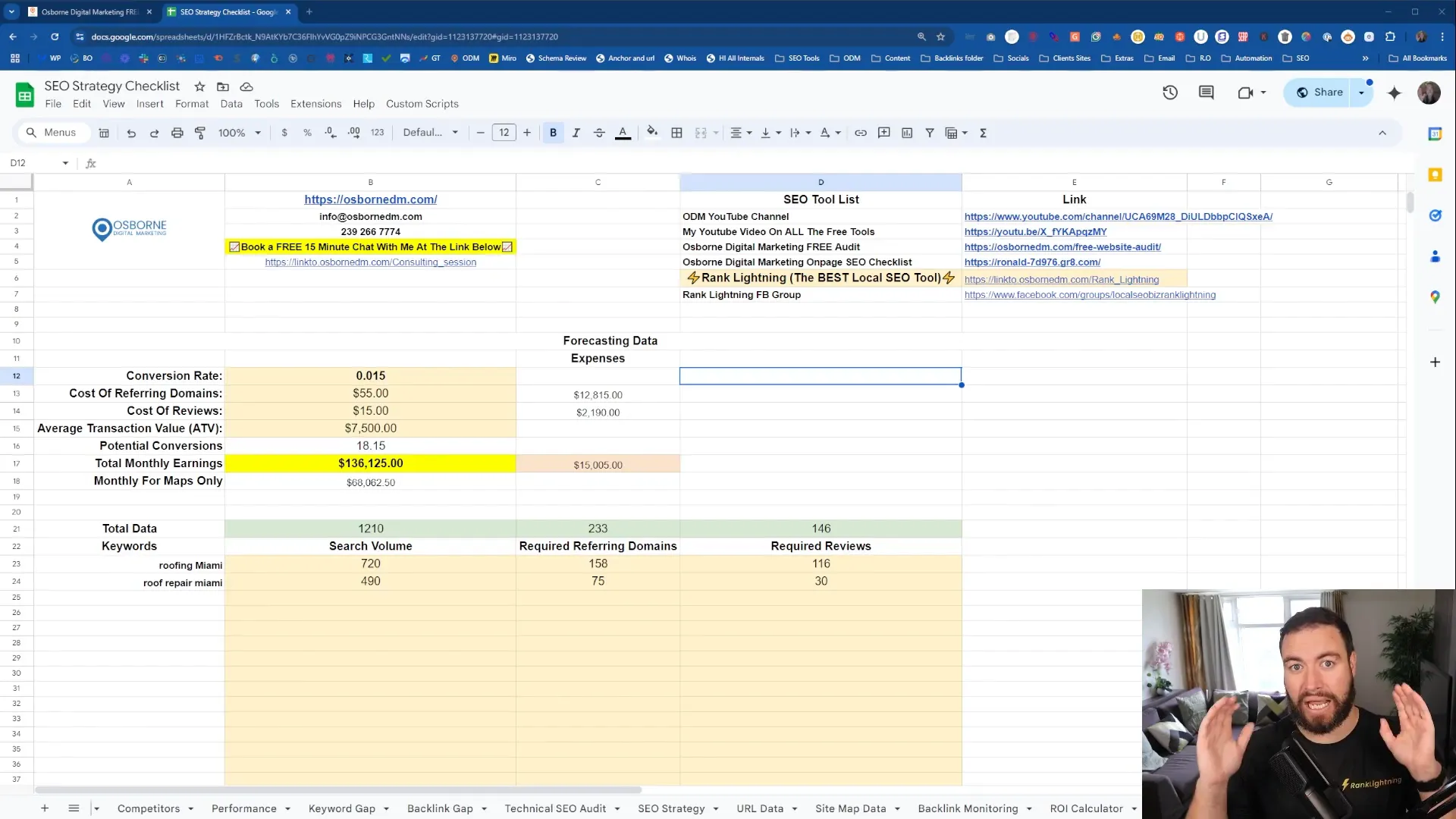
Listening is crucial for any good sales person, and absolutely key for SEO professionals. Most prospective clients come to you with a problem in hand – ‘I’m getting zero traffic,’ or ‘I’m on page 10 of Google’, for instance. If you stop listening here, you’ll miss the customer’s ‘pain point’ and be unable to craft your pitch around it.
The research goes on to suggest that active listening by the provider creates a degree of belonging or rapport, for which 70 percent of customers said that they would engage in a business relationship.
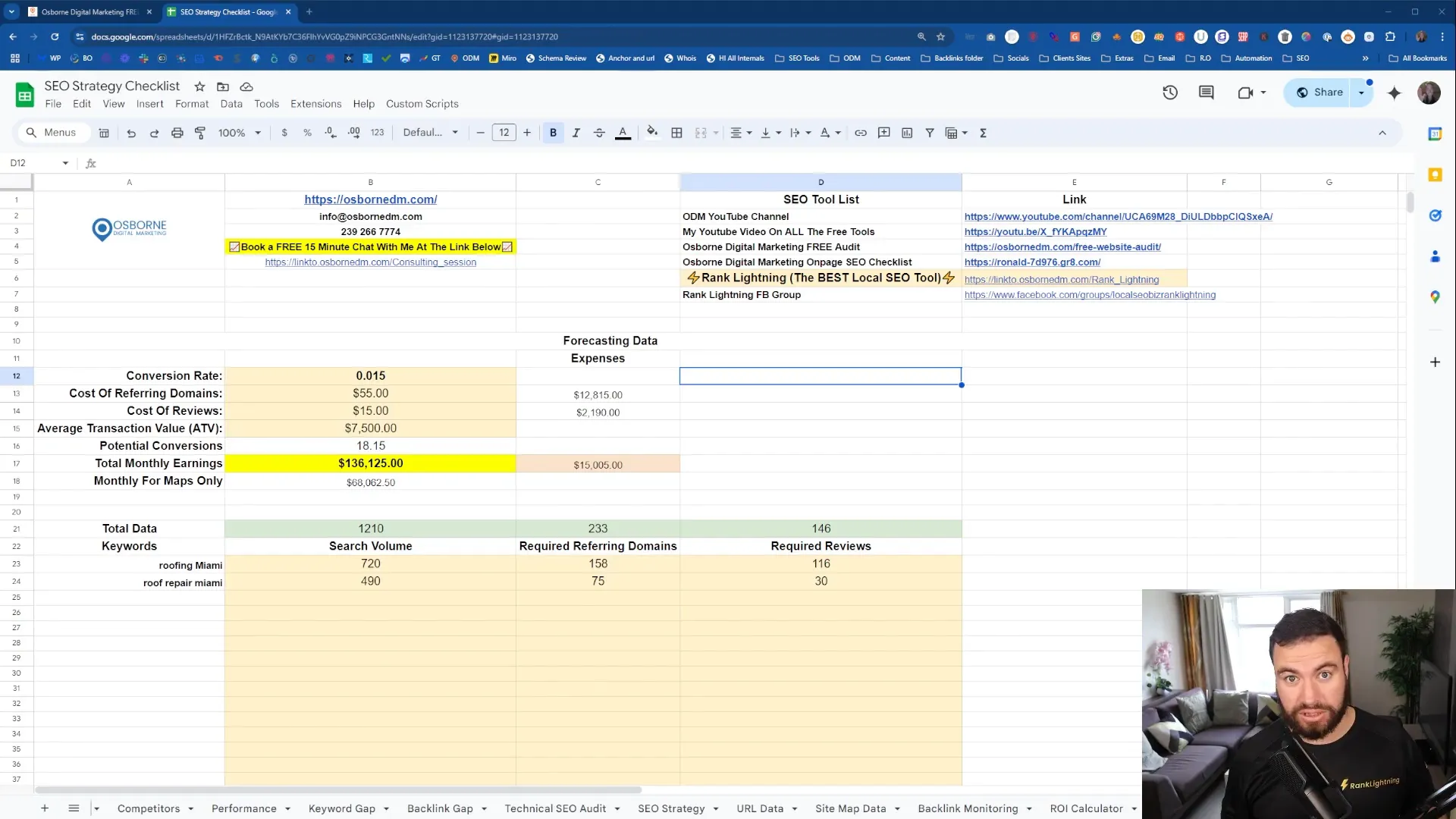
Good questioning is a vital skill for identifying what your clients really need. Steer clear of generic questions: instead, ask those that reveal business intent and issues. For example:
These questions not only help you to understand where they’re at now but also what role SEO can play in their overall strategy. This information is essential as, depending on your industry, an average ATV can vary drastically, such as $5,000 to $7,000 for a roofing company and repeat business every month for a chiropractor.
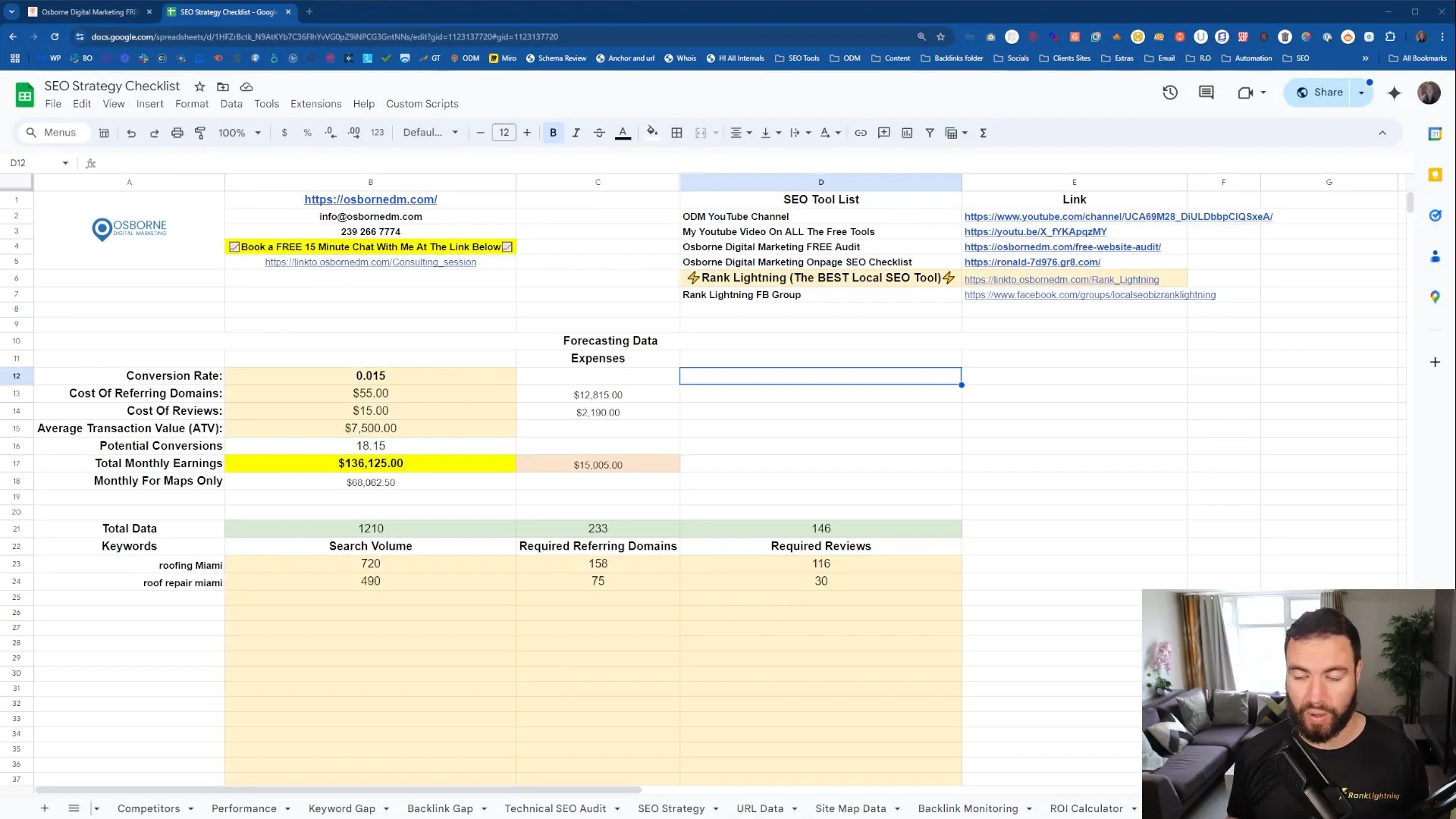
Generating marketing personas is a good strategy for selling SEO on the basis that different personas will have different motivations and concerns. For instance, the business owner could be more worried about brand share of voice, whereas the manager will be more concerned with metrics and numbers.
To effectively sell SEO, consider (1) the following steps: however, it is crucial to understand that the market is competitive; this means that strategies must be innovative. Although many believe that simply optimizing content is enough, one must also engage in outreach and analytics. Because of this, an integrated approach can yield better results, thus enhancing the overall effectiveness of the campaign. But, remember that persistence is key—success often does not come overnight.
When you customise your pitch, you will speak to your prospect’s aspirations, causing the sales needle to inch ever-so-slightly closer to the ‘yes’. There is almost no such thing as a ‘spray and pray’ sale that succeeds.
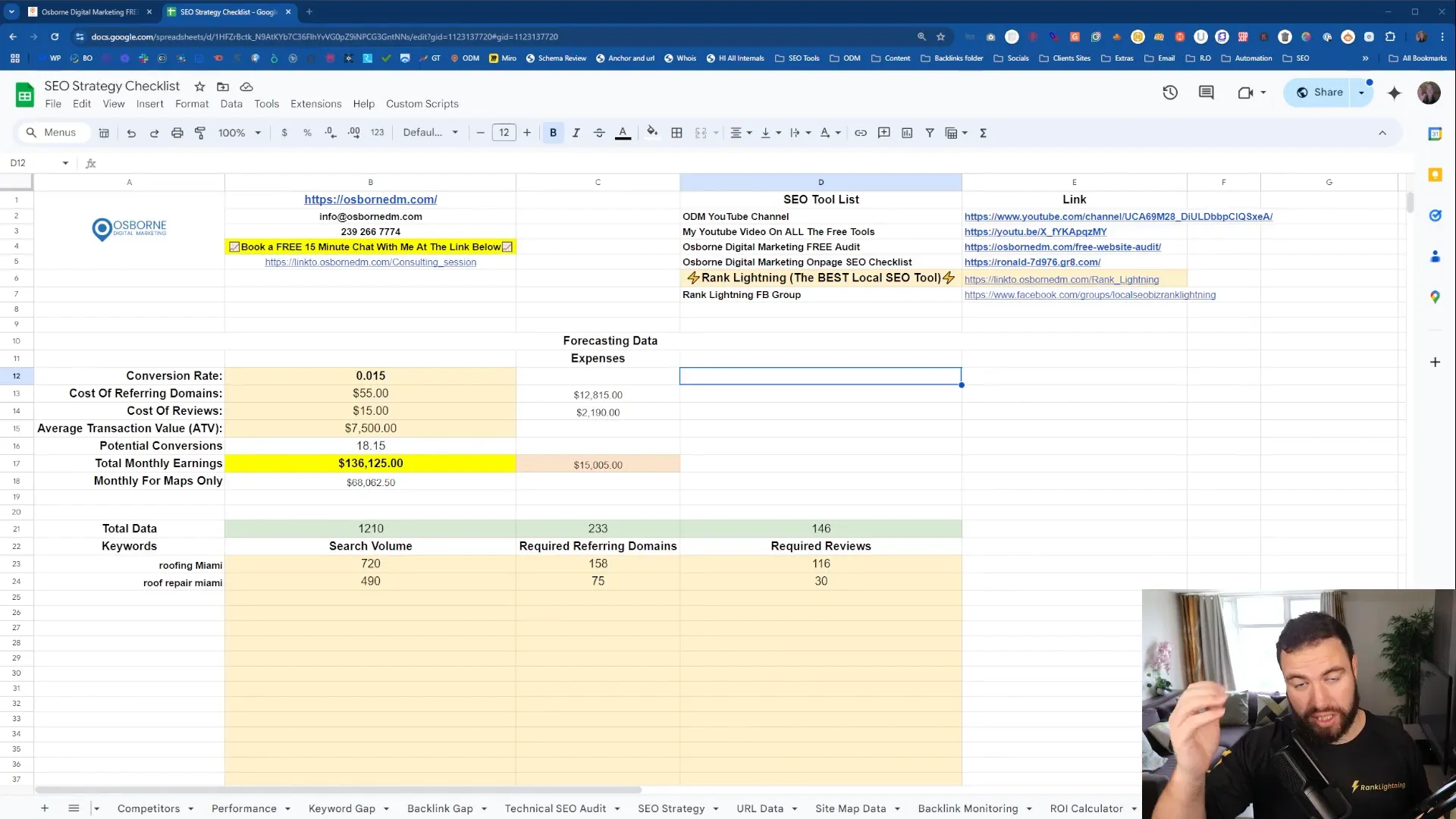
Armed with this knowledge from listening and questioning, add specifics to your sales pitch that align with the client’s goals. If your client has expressed interest in generating more leads, share your SEO forecast and potential ROI.
Utilize tools (such as SEO calculators) to illustrate how your services can yield (1) tangible results; however, you might say:
"Based on our projections, investing $15,000 in SEO could generate approximately $140,000 in new business."
Presenting these figures allows your client to see the potential benefits of your services. Additionally, it is important to be clear about the amount of time it takes to get results. This can often be a shock to the client, since they might not know that SEO generally takes 3 to 6 months to provide leads.
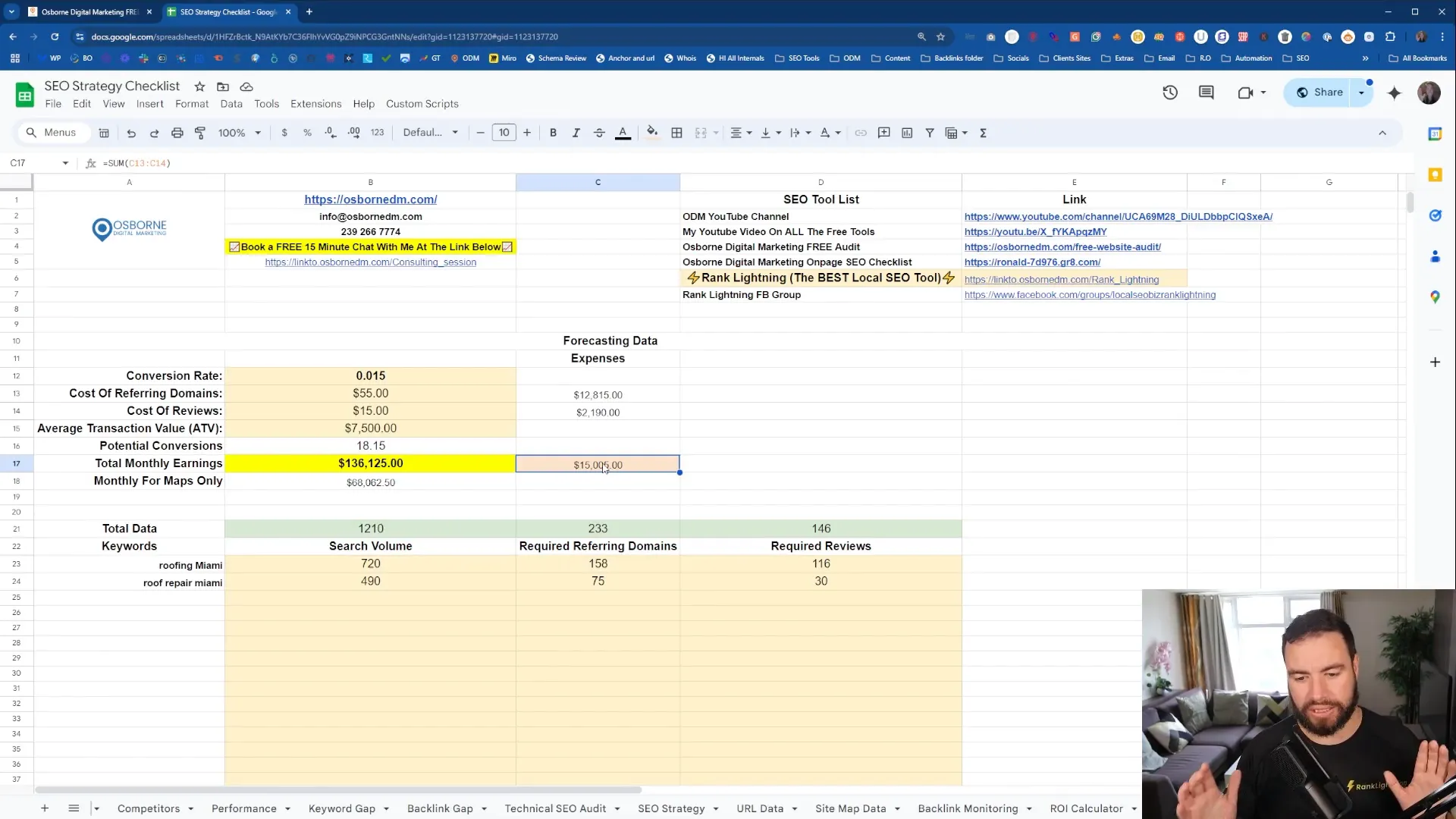
One thing that also needs to be clearly communicated to clients before they sign an agreement is what can be realistically expected of your work. Many clients have unrealistic expectations – for the timing, the outcome, or both. It is crucial to tell the client from the very beginning what SEO is.
According to an average, one can expect to see measurable results with an HR Internal site in 3 to 6 months' time.This depends on a number of factors: how competitive your industry is, the initial condition of the site, and the broad goal of the client.
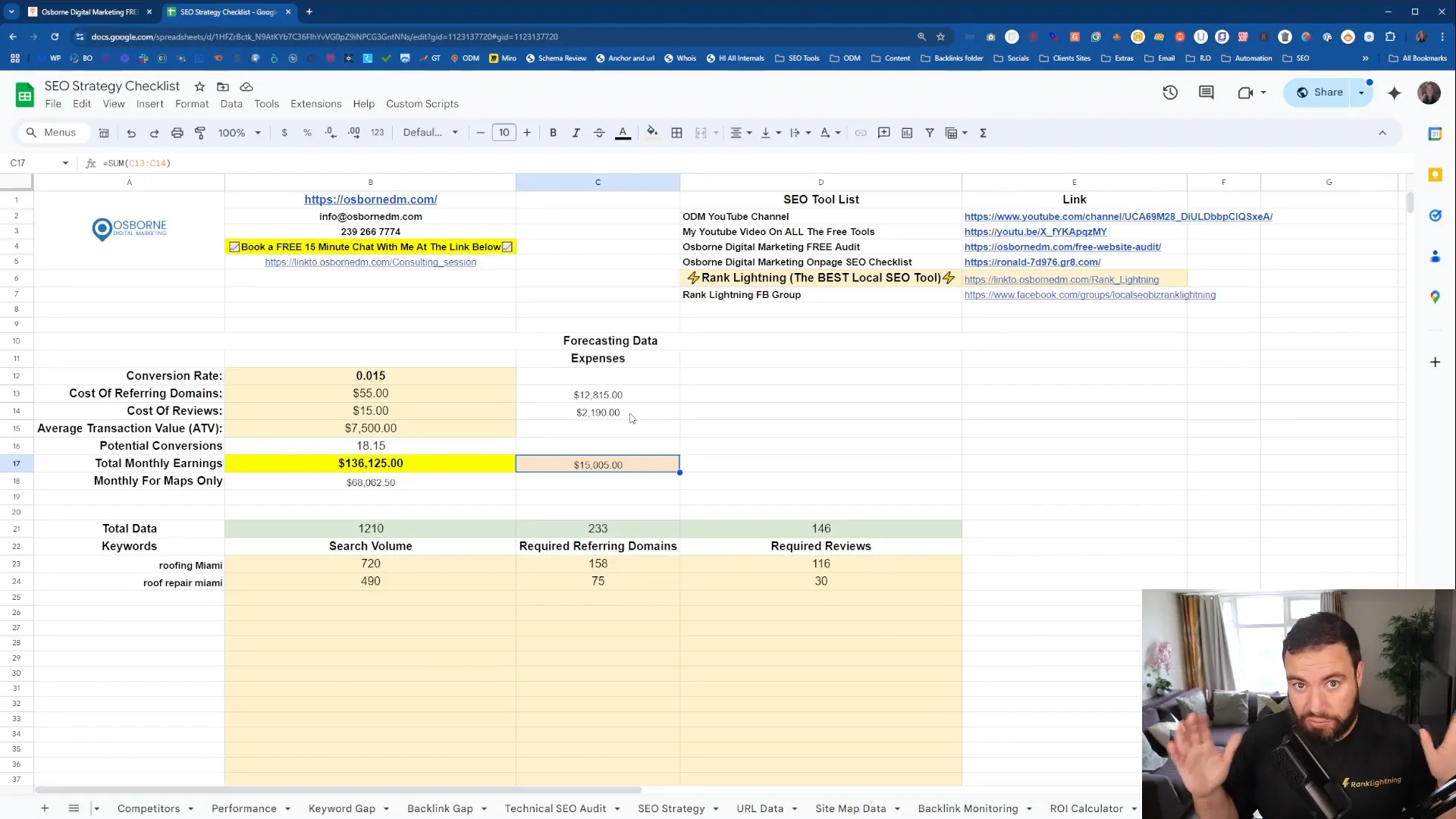
A lot of people, in considering hiring a firm, see an SEO campaign as a sort of magic fix, so it’s incumbent upon you early in the conversation to address their misconceptions and emphasise the need for patience and persistence if they’re to enjoy lasting and meaningful results.
Correcting these misconceptions prepares clients for what it’s really like to do SEO, and this sort of honesty sets the stage for a more partnership-like relationship. In my experience, these communications improve client satisfaction, because clients feel like they’re being told the truth rather than fed a line of bullshit.
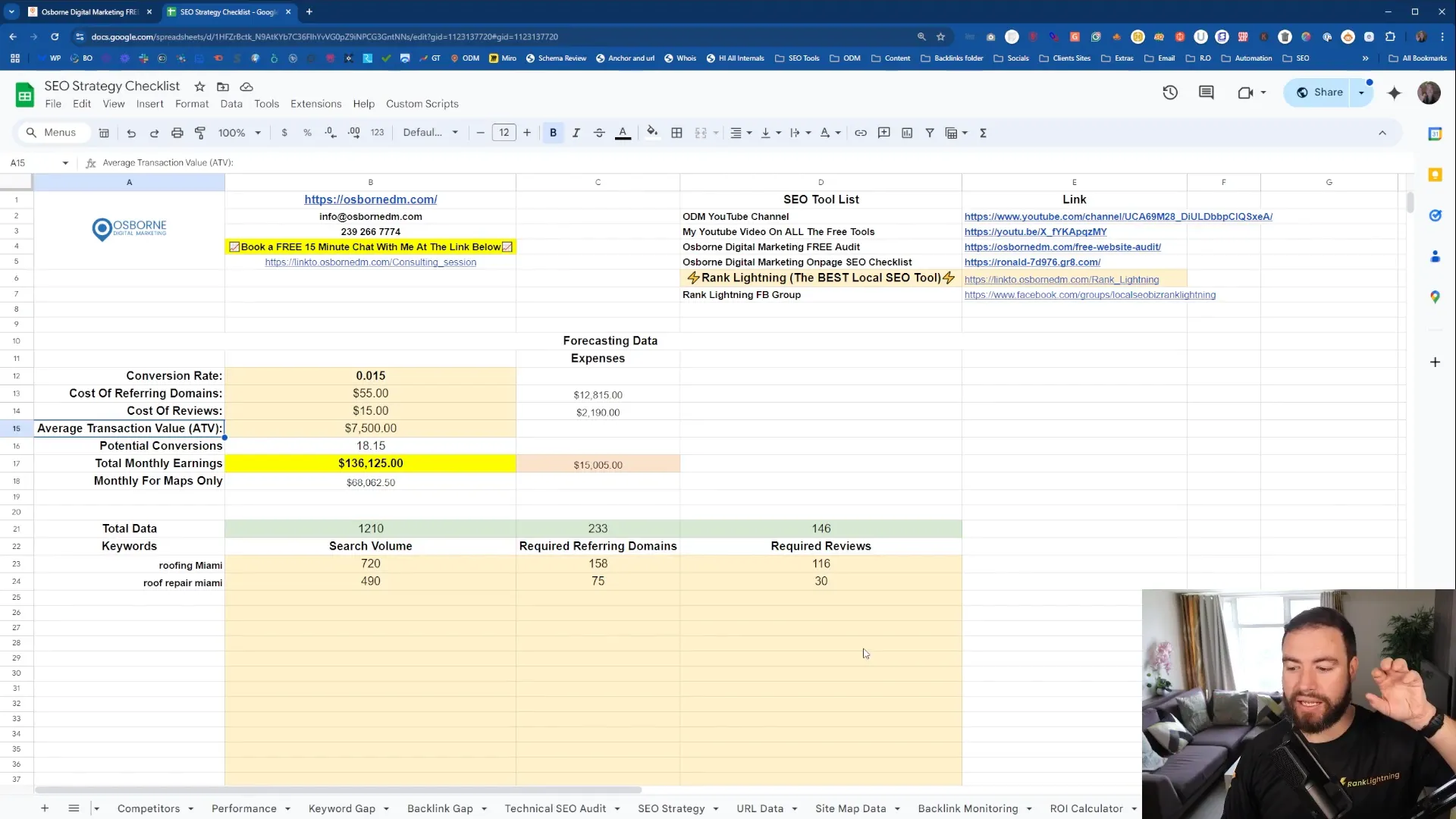
Selling SEO services demands complete honesty. Clients will trust you when you tell them what is possible and what isn’t possible, even if what’s possible might seem frustratingly modest. Remember that you are selling value, not bluster.
For instance, if a prospect asked, ‘When will I rank on the first page of Google for my super-competitive keywords?’ my answer would have been, ‘We can’t promise. Here is a two-year strategy of action steps to make it happen.
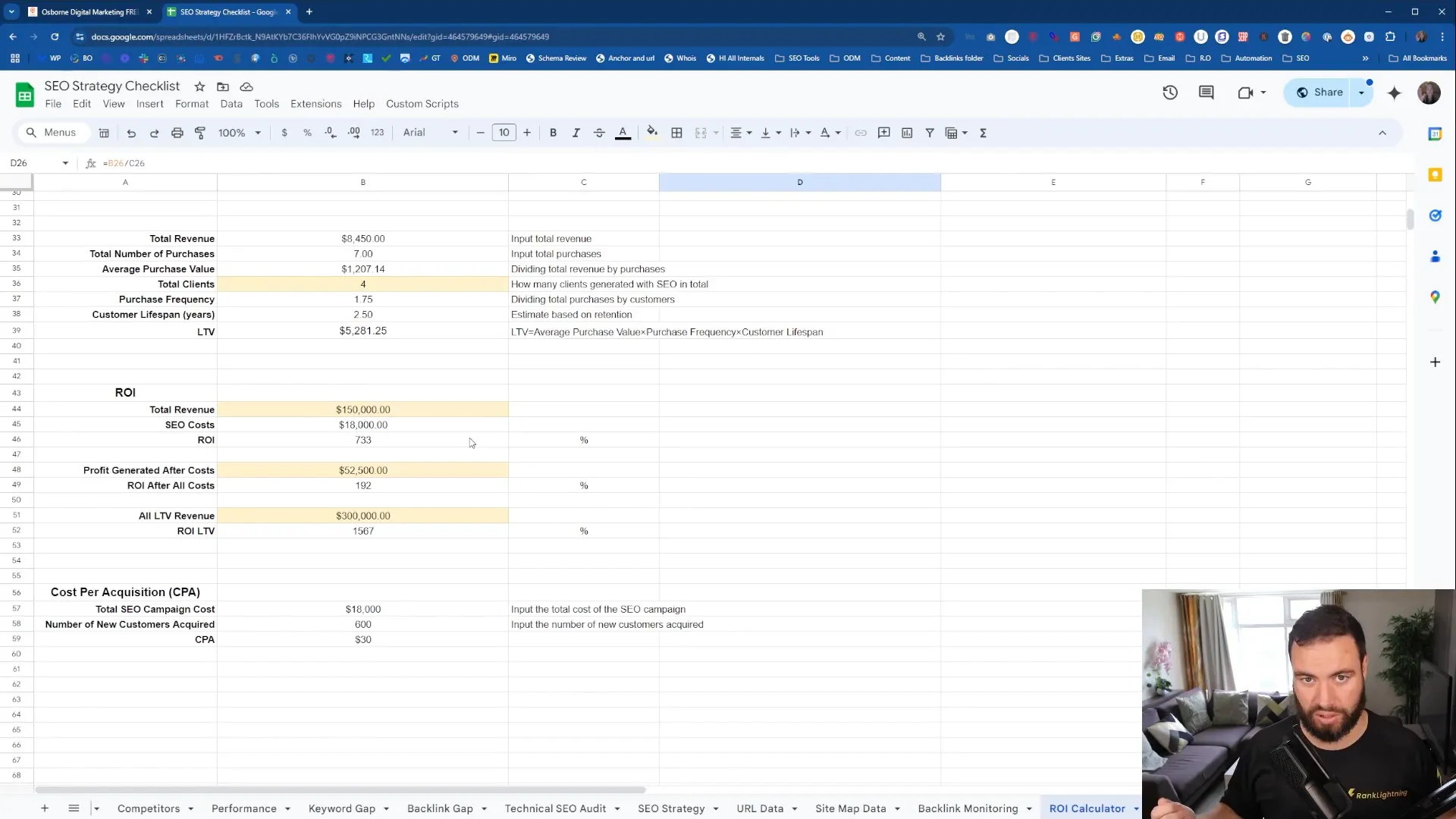
The client is more likely to get involved with you if you can demonstrate that you are an honest partner. Tell people how you do things – tell them up-front about your methodologies. Tell them what tools you will be using, and how you will measure success. Demystify the process, and they will relax, knowing that they are making a sound investment.
Your continued openness will help you earn more referrals and repeat business from your clients.
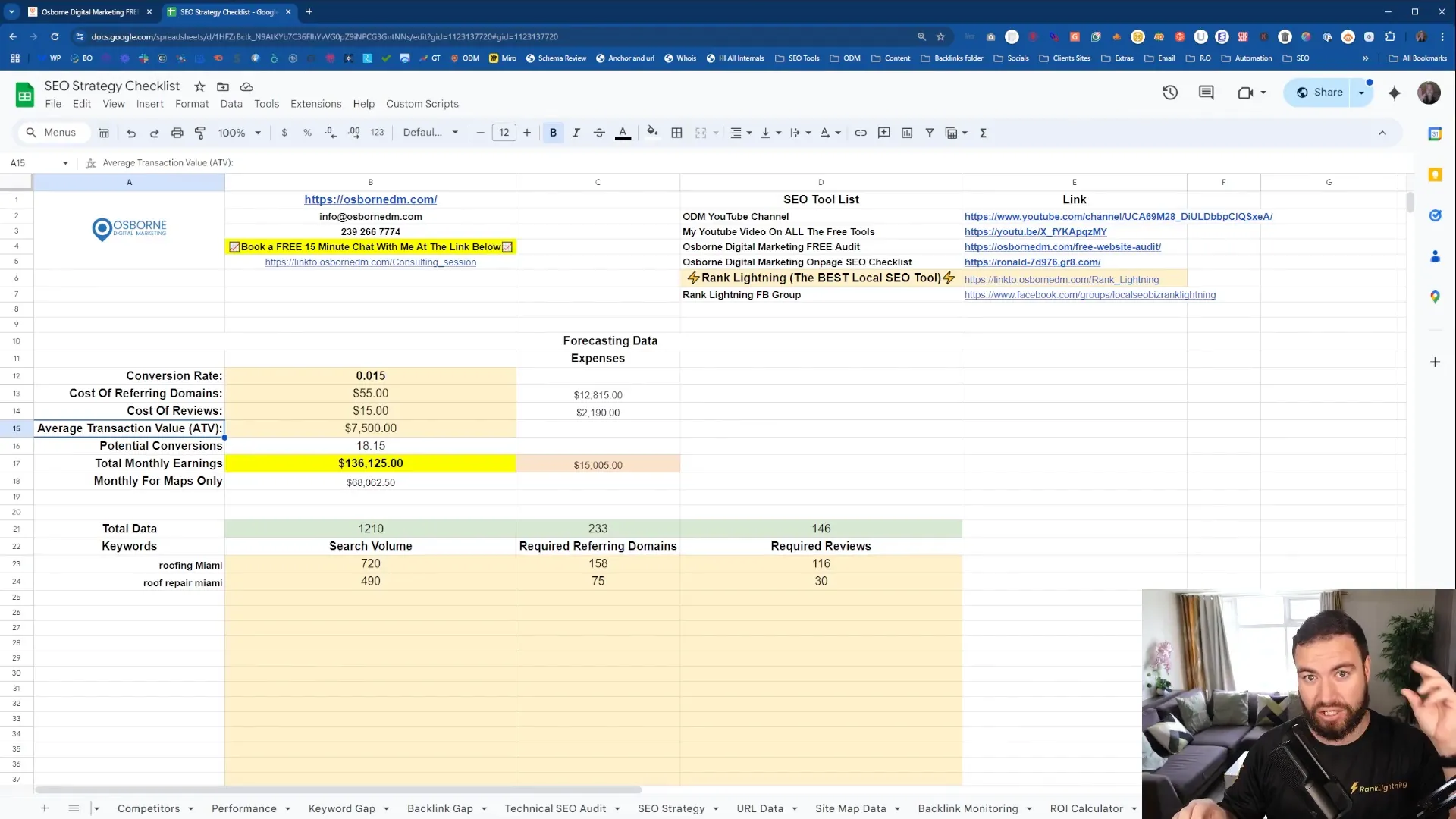
In this, following up on enquiries is a must in the hope of turning leads into customers: Some of the potential customers will show interest in what you have to say, and fail to follow up. You, however, can follow up on them and ignite their desire to purchase again. This simple act could reorient their thinking and make them remember that they are committed to their own success.
Studies show that it takes five follow-up calls after a meeting with a customer before 80 per cent of sales are made, yet 44 per cent of sales people give up after one follow-up call, and only 12 per cent after two. This shows that persistence is critically important.
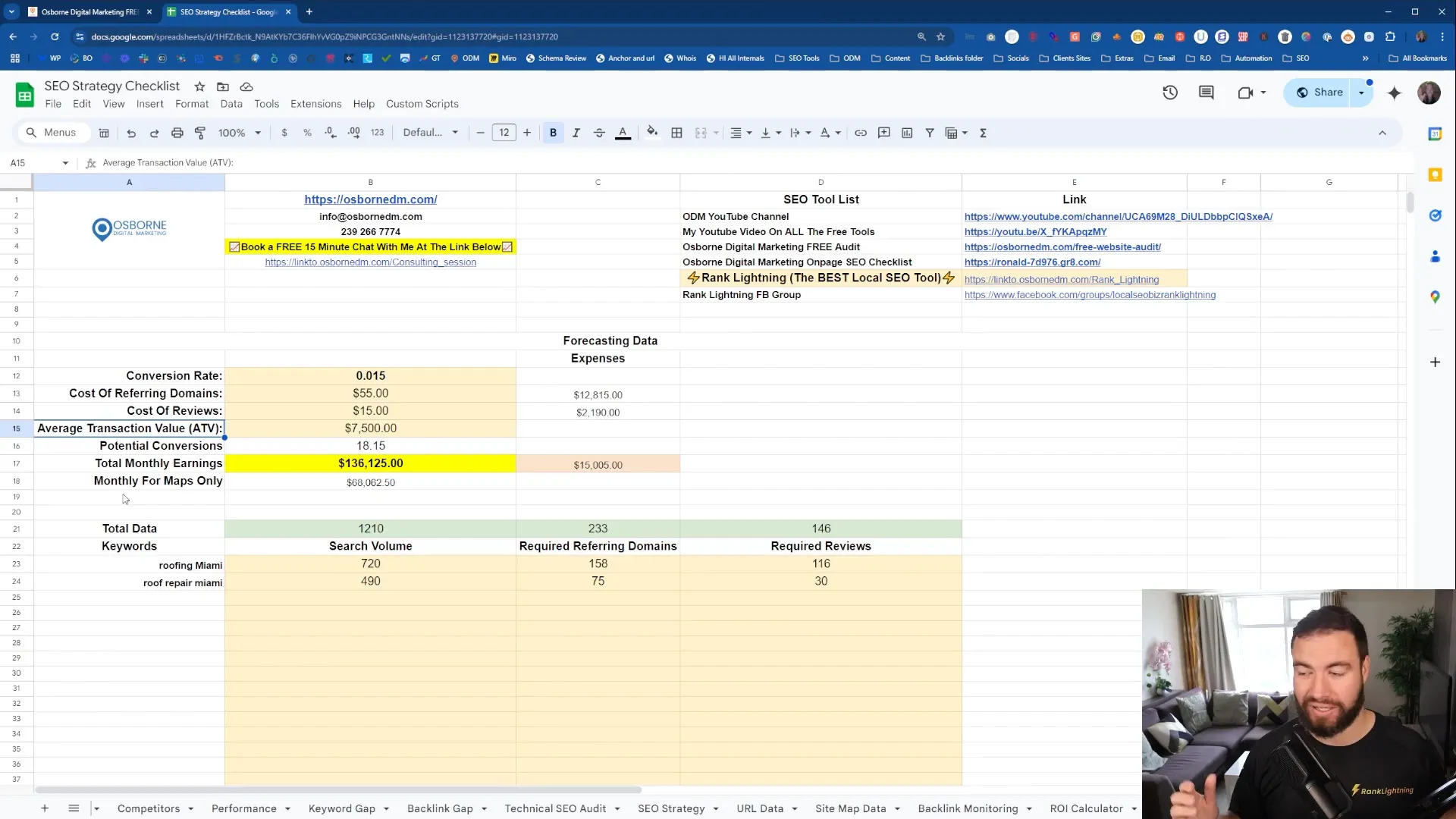
To enhance (your) follow-up efforts, consider (the) following strategies: 1) prioritize timely communication, because it fosters trust; 2) personalize interactions, however, be cautious not to overdo it; 3) gather feedback, although it may be uncomfortable, this provides valuable insights. Ultimately, these approaches can significantly improve outcomes.
Follow-ups ensure your services are top-of-mind, that you are interested in and listening to their needs, and that they have the information they need to complete any tasks.
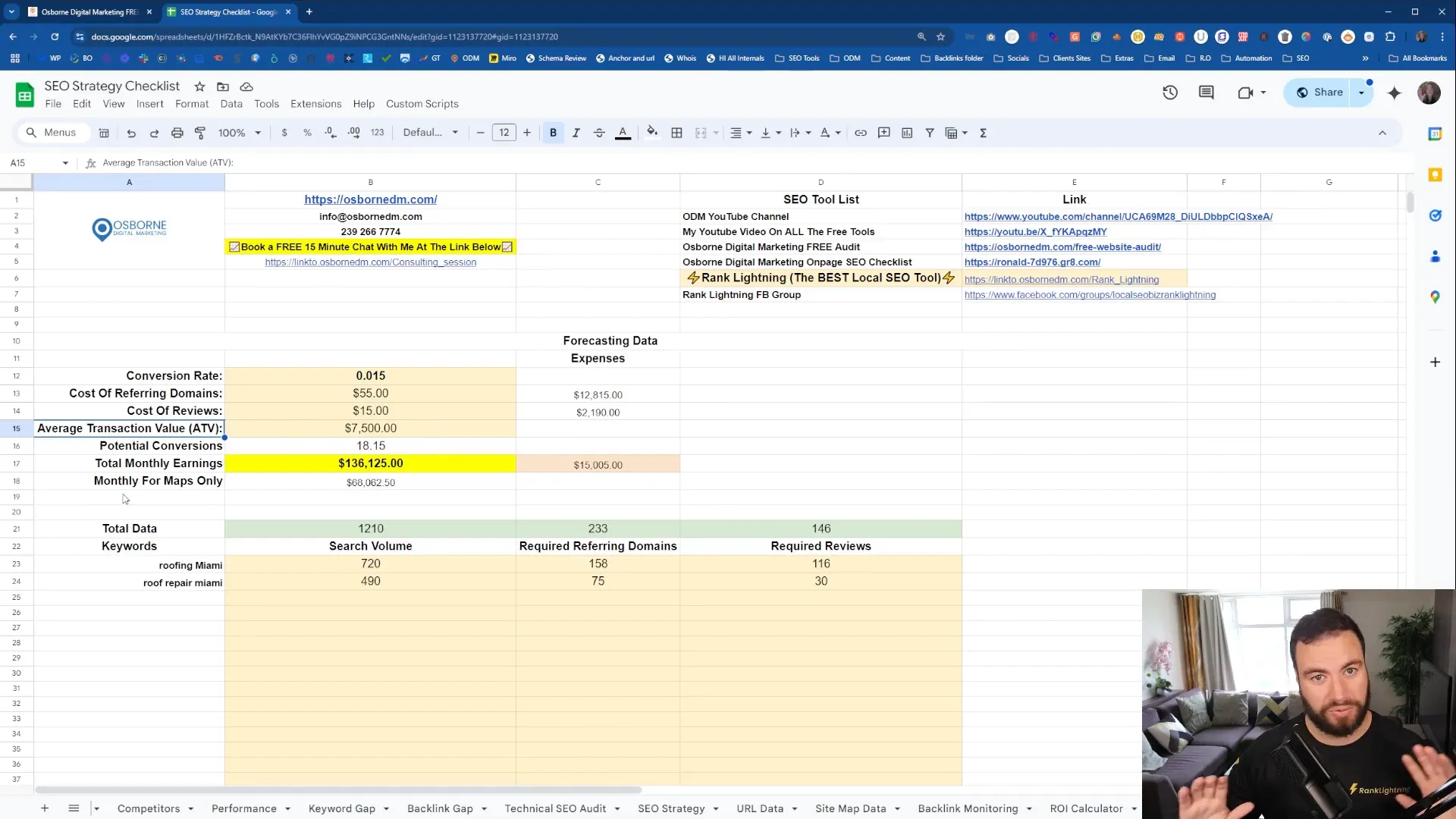
As you refine your approach (to selling SEO), keep these key takeaways in mind: however, the strategy (you employ) must be adaptable, because the digital landscape is ever-evolving. Although you have foundational principles, this does not mean that rigidity is beneficial. Instead, flexibility is crucial; for instance, understanding client needs is paramount, but it requires active listening and engagement. Remember: the market can shift rapidly and thus, staying informed will enable you to respond effectively.
By applying these principles to your sales approach, you will raise your sales conversion and client relationship quotients.
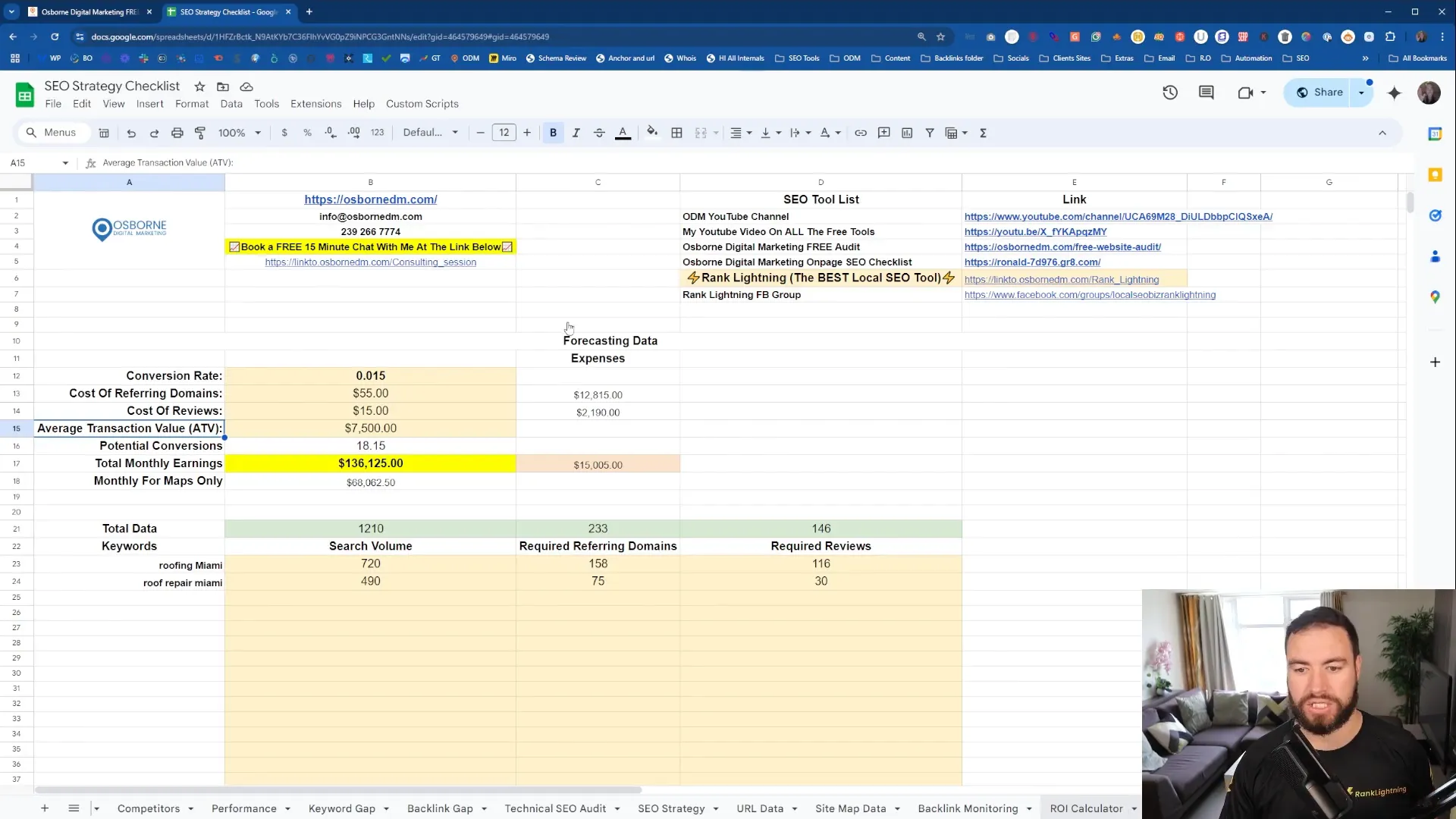
Throughout your consultation with clients, they might ask some common questions regarding the services you provide in terms of search engine optimisation (SEO). These FAQs can help you reaffirm what you do and clear up any confusion about your services.
ROI for SEO varies greatly depending on the industry and the competition. Research suggests that businesses can generally see an ROI of 300 per cent or more when SEO is done well.
Usually we see major changes in this time but again this will vary slightly depending on the client’s website and the competitiveness of their industry.
Rise to the top of Google? Often there is no instant fix. SEO is a long-term play. Sure, you can get some wins quickly, for example through a technical change, but sustainable growth in Google rankings requires on-going optimisation and content creation.
Numerous factors (that is, elements) can significantly impact SEO success (1), including (but not limited to) content quality, keyword optimization and link-building strategies. However, it is essential to recognize that the landscape of SEO is ever-evolving; thus, staying informed is crucial. Although some may overlook technical aspects, they are vital (because they ensure that search engines can effectively crawl and index a website). This multifaceted approach not only enhances visibility but also fosters user engagement, which is increasingly important in today's digital environment.
Addressing each of these FAQs can help to reassure prospective clients and make them feel more comfortable about moving forward with an SEO investment.